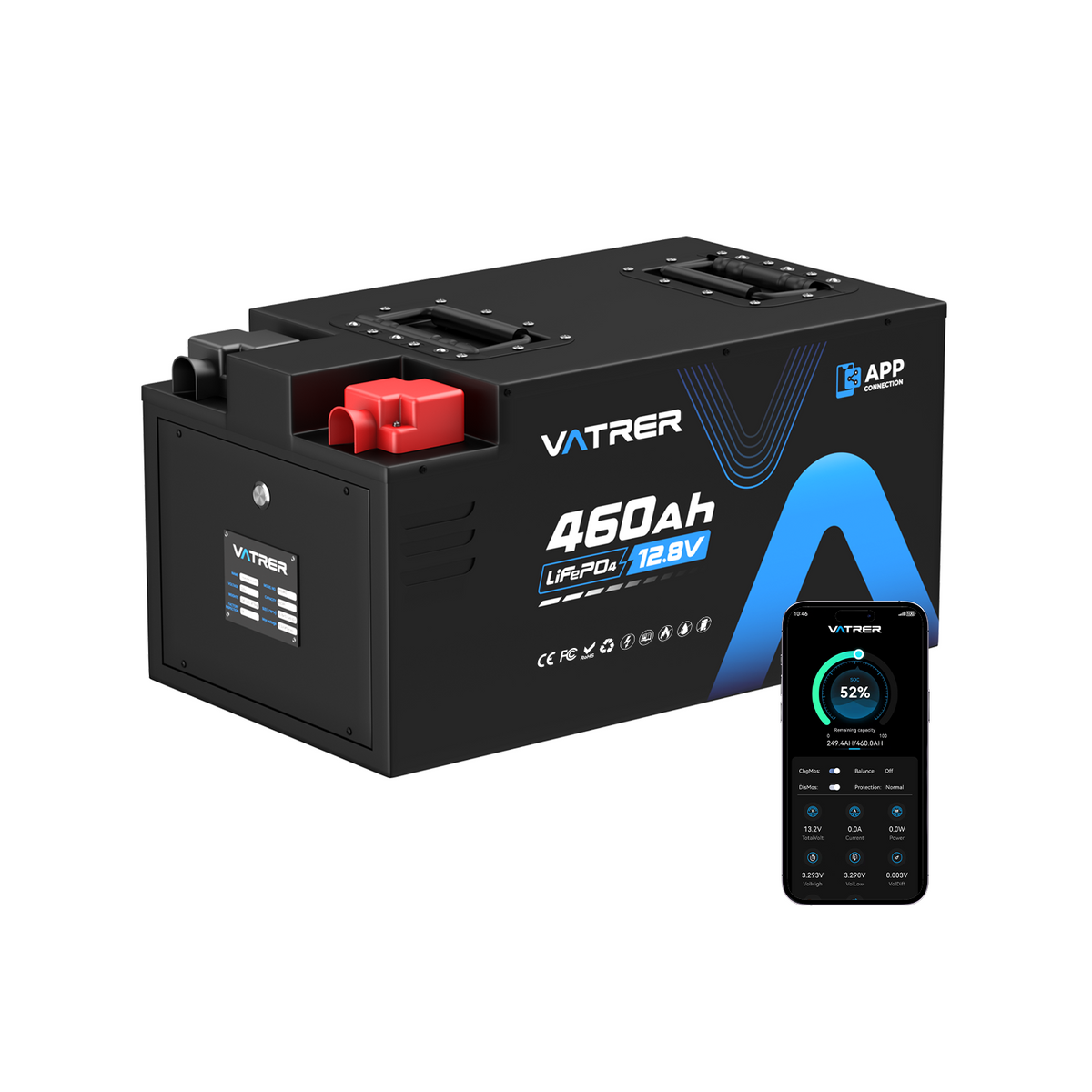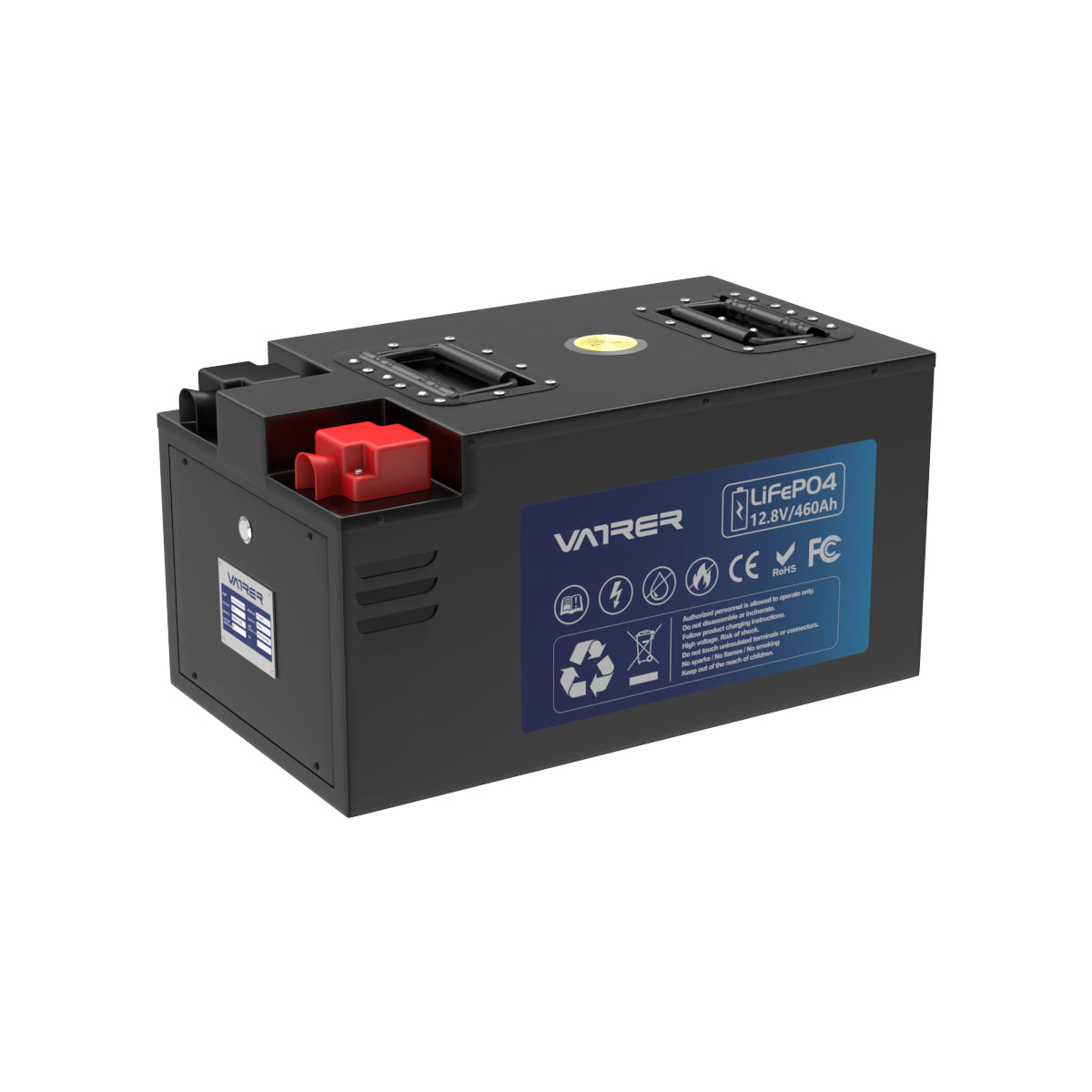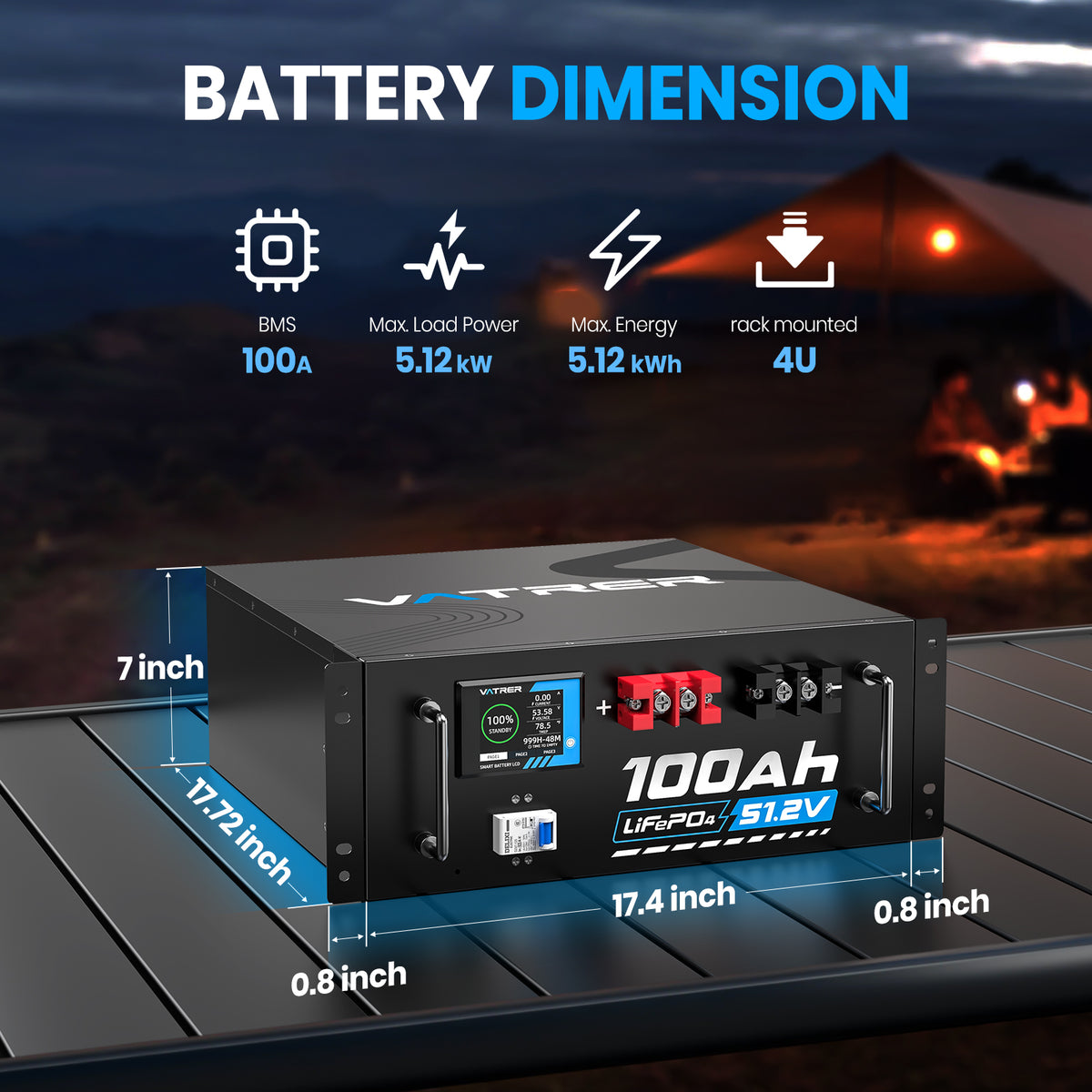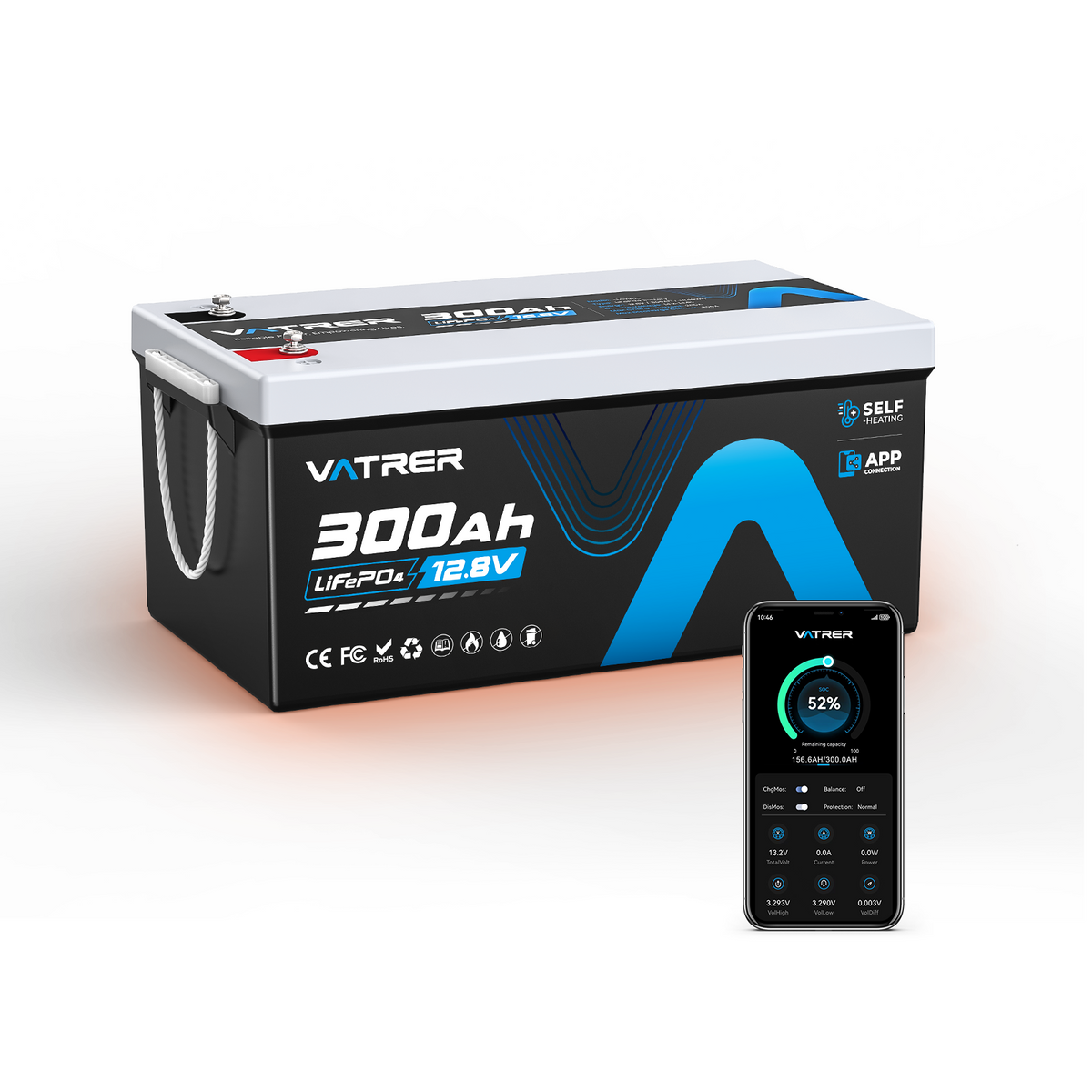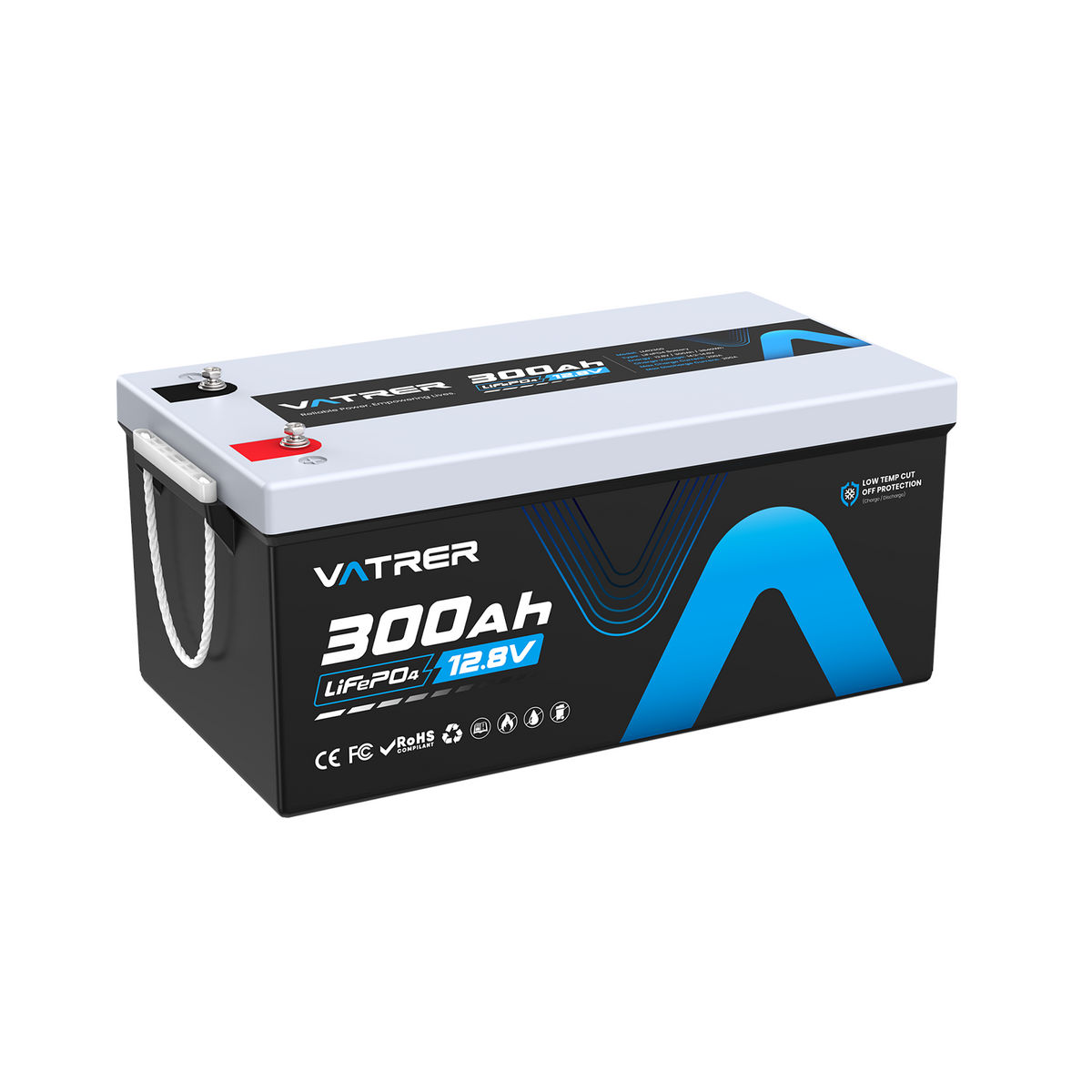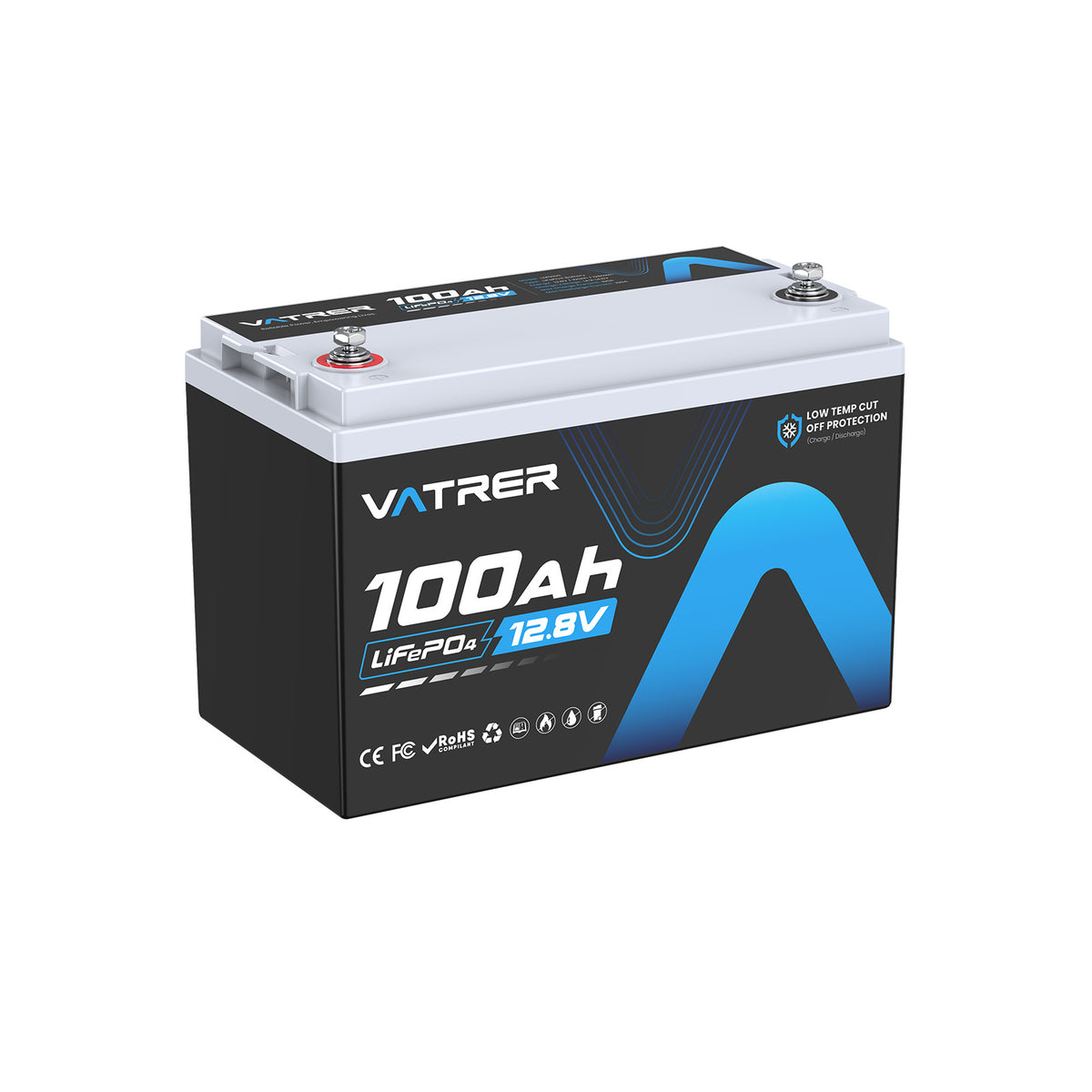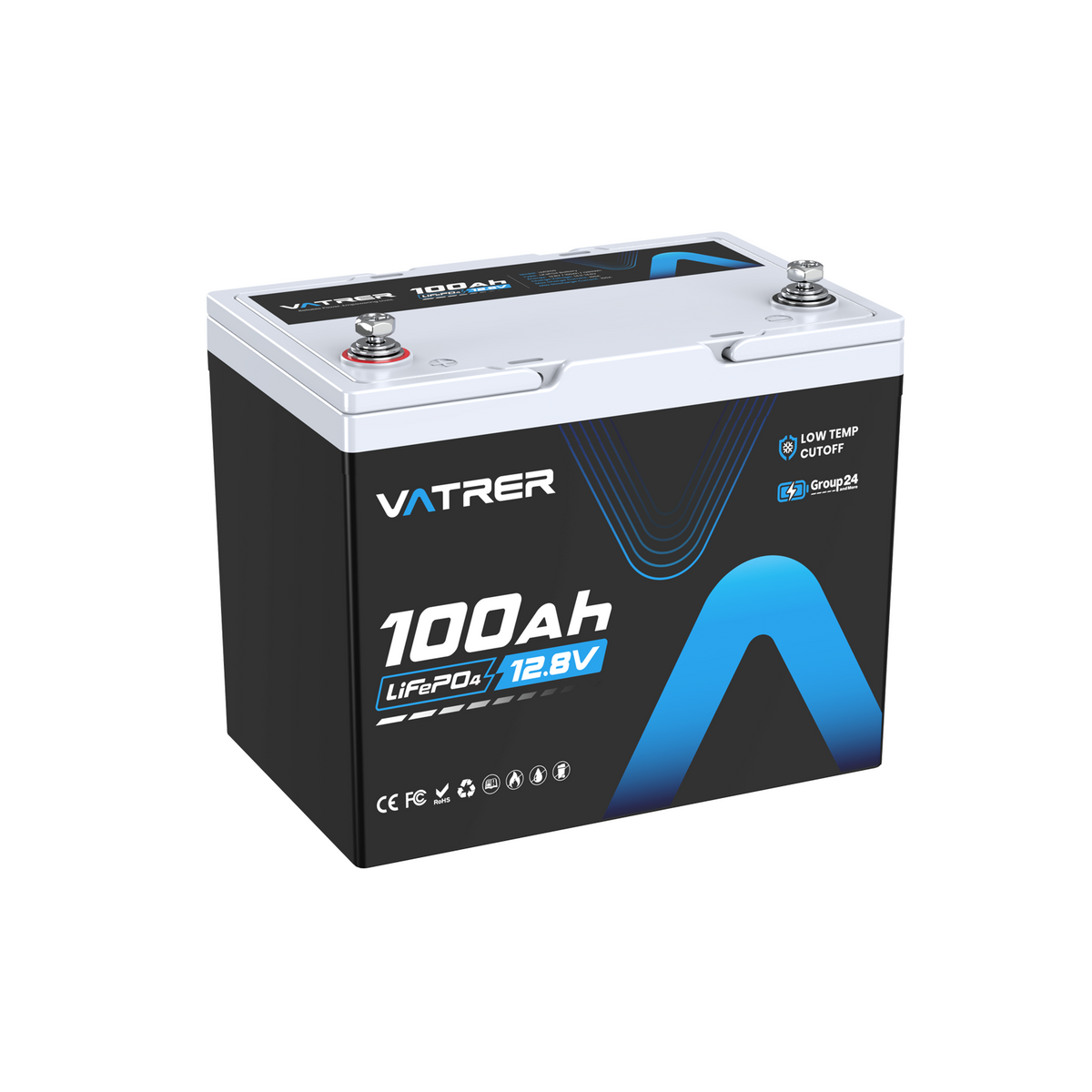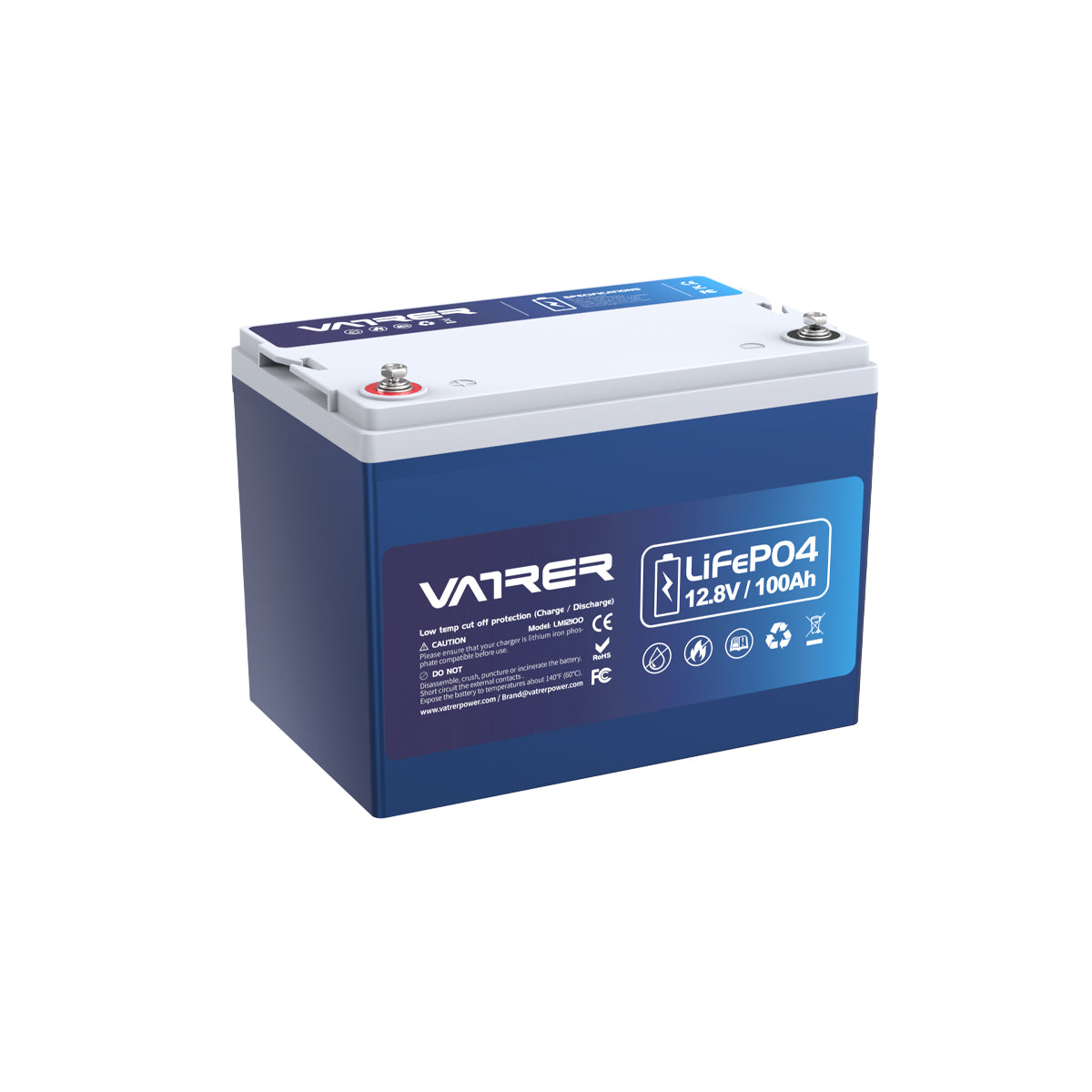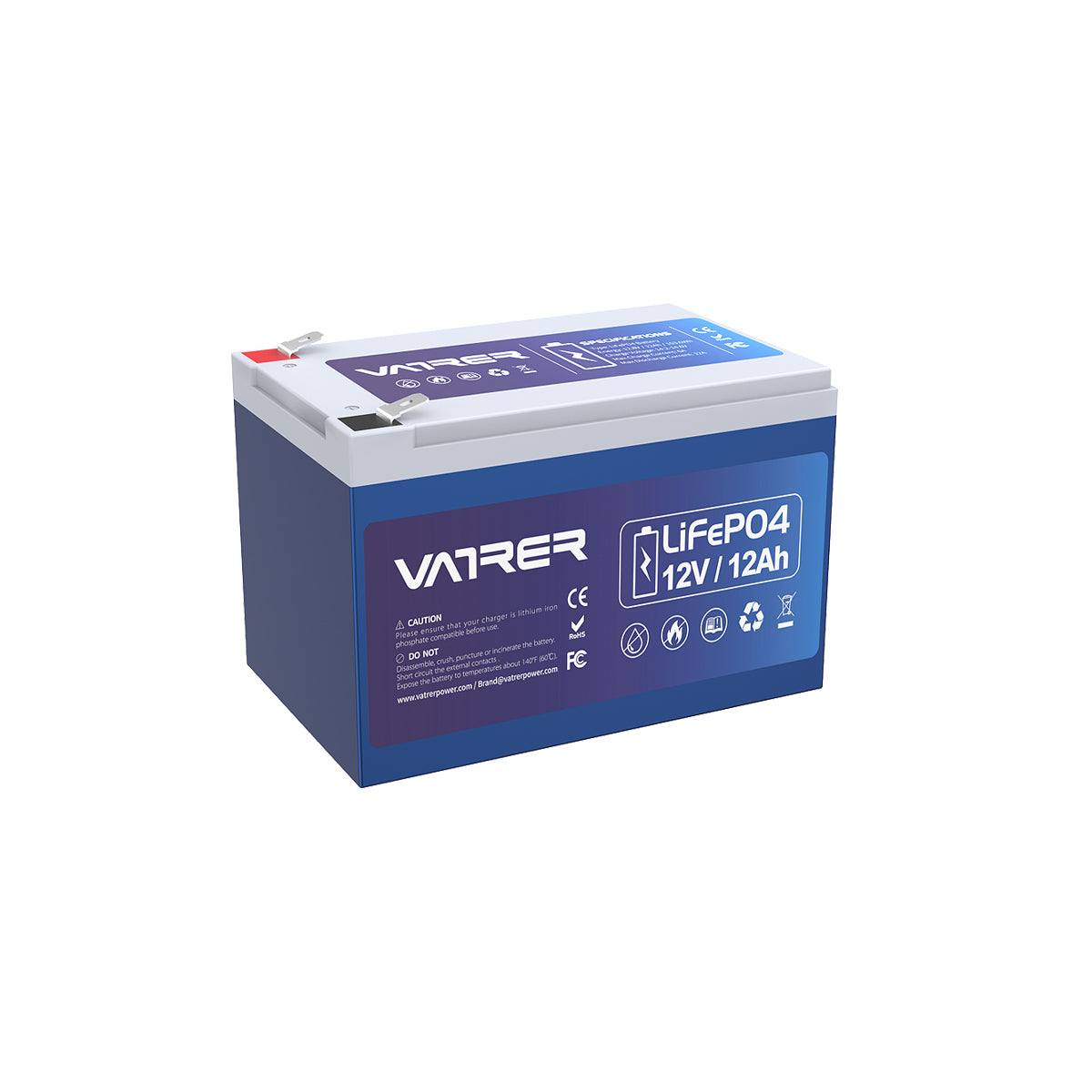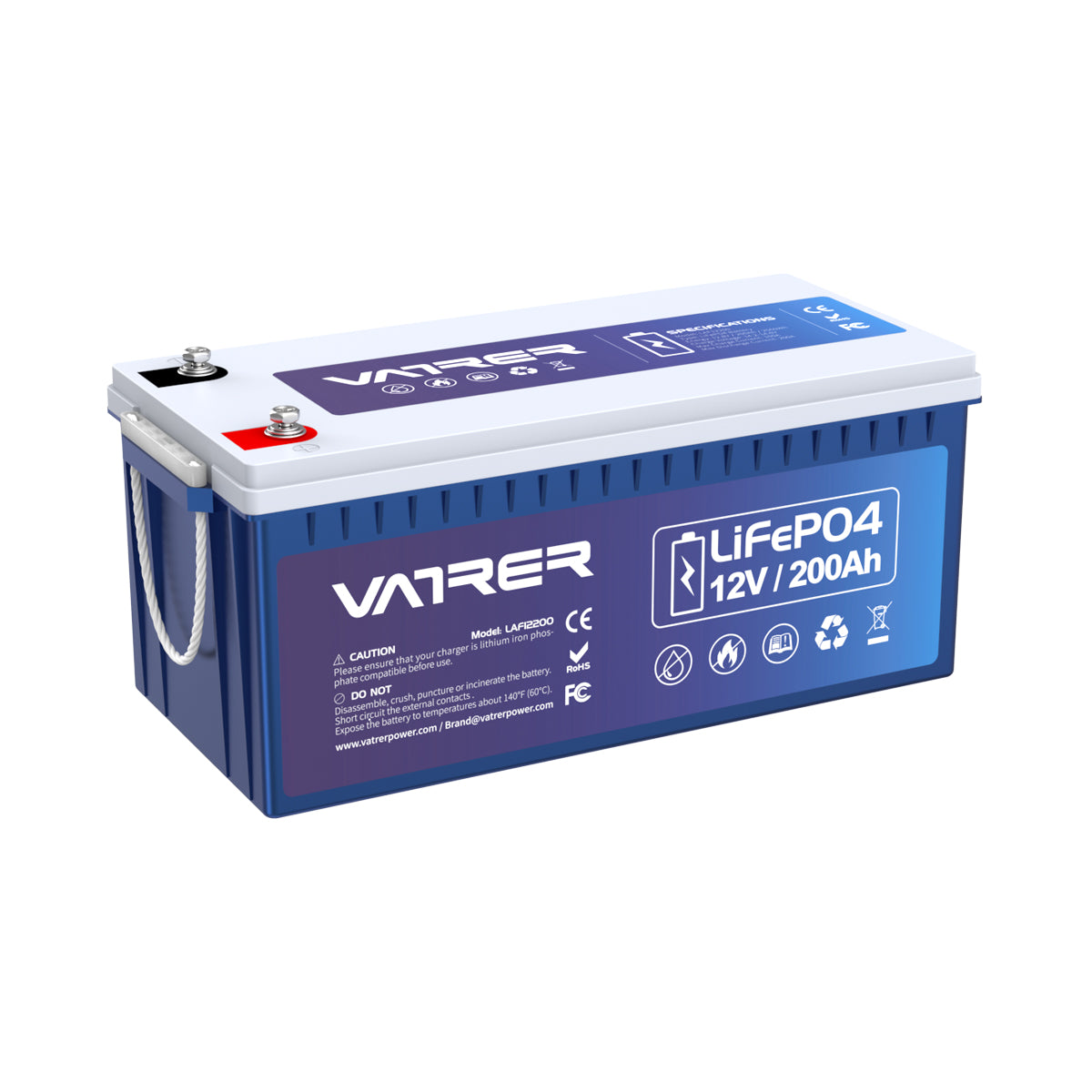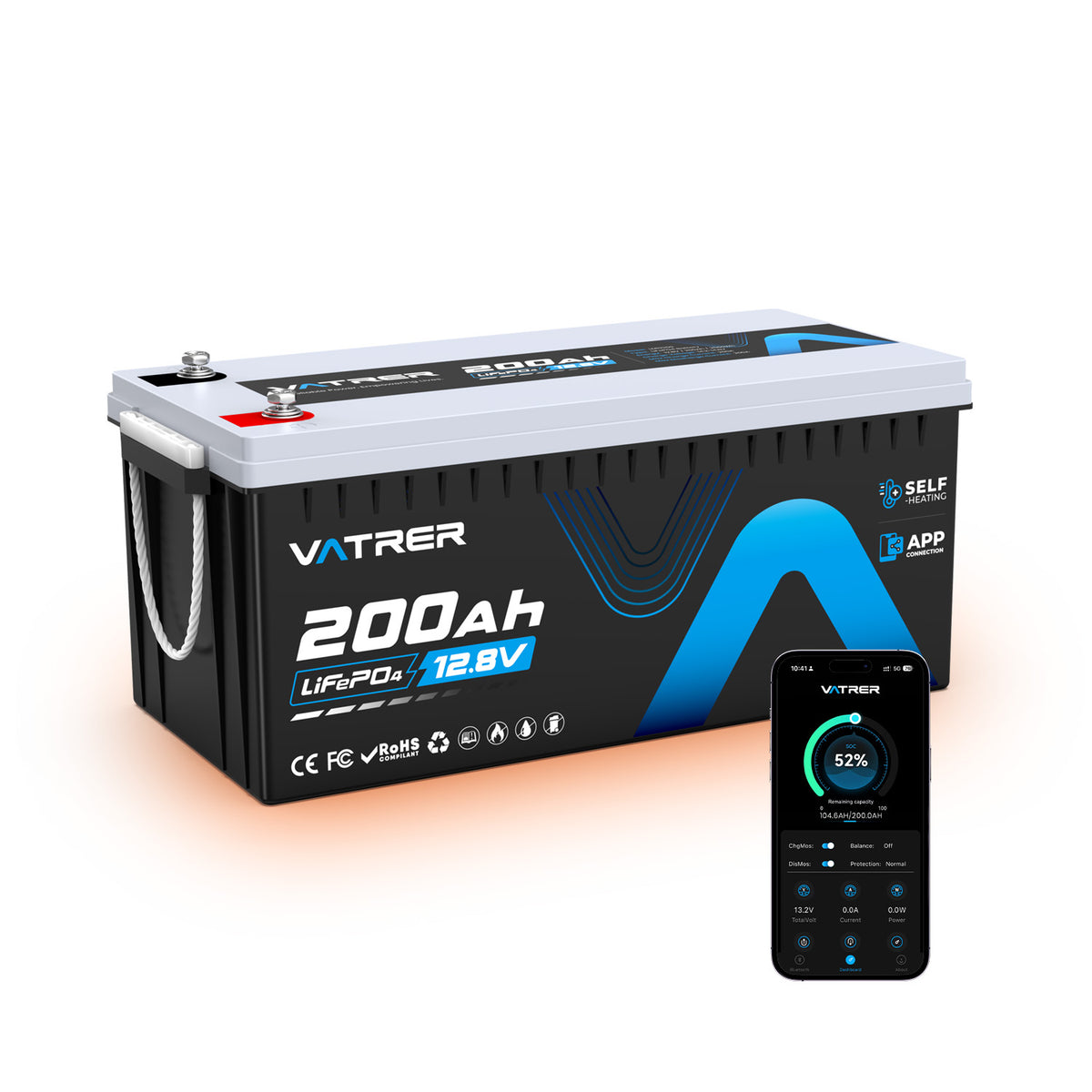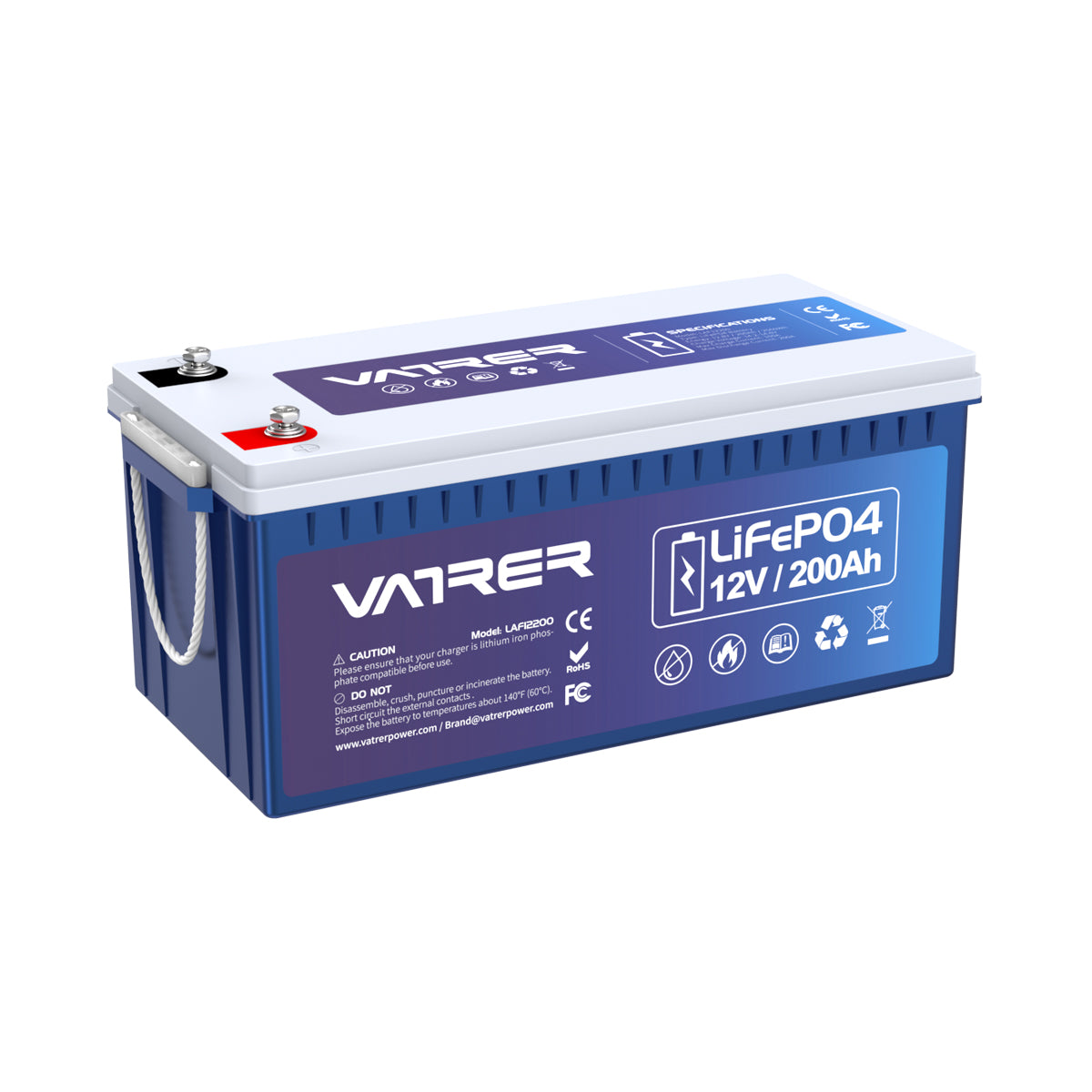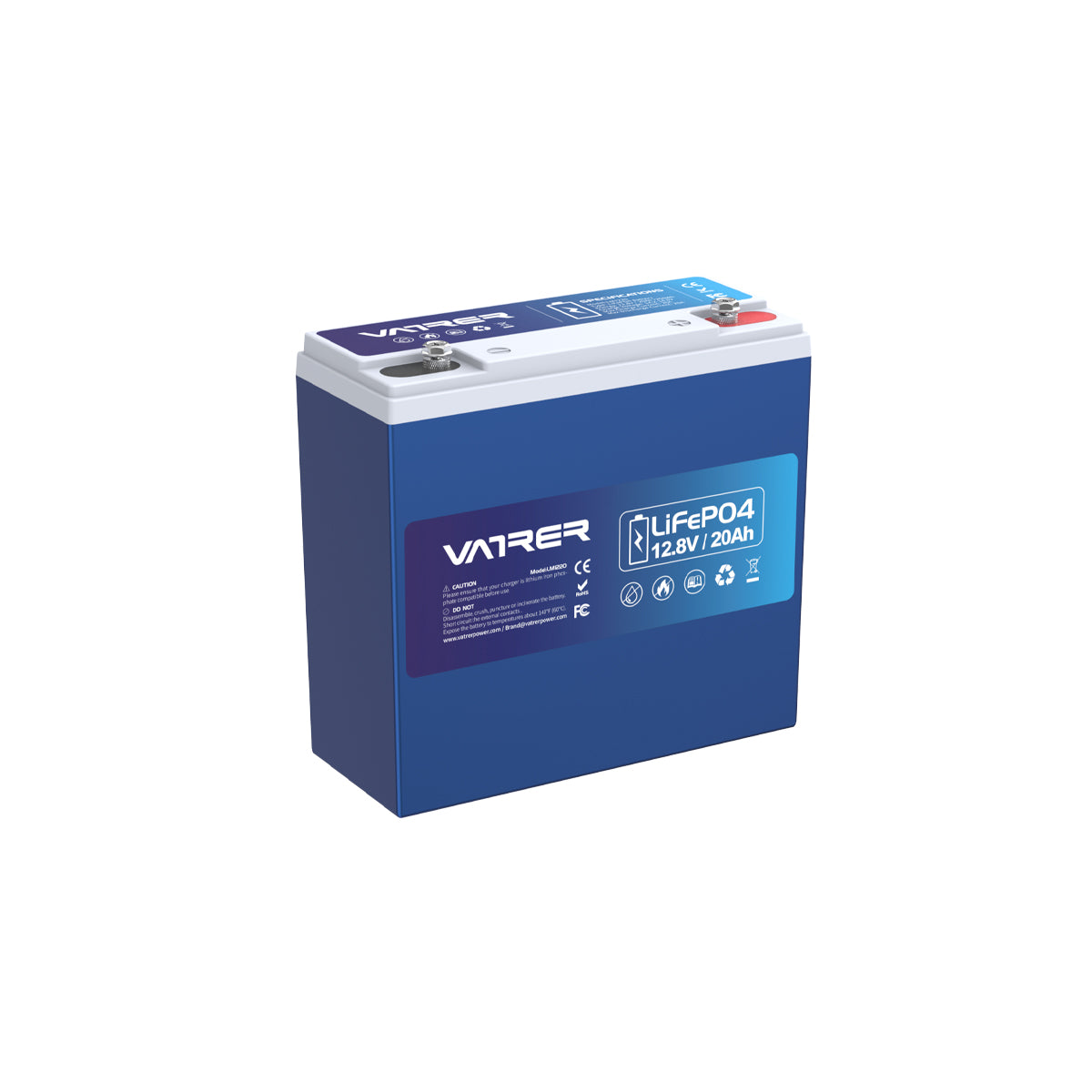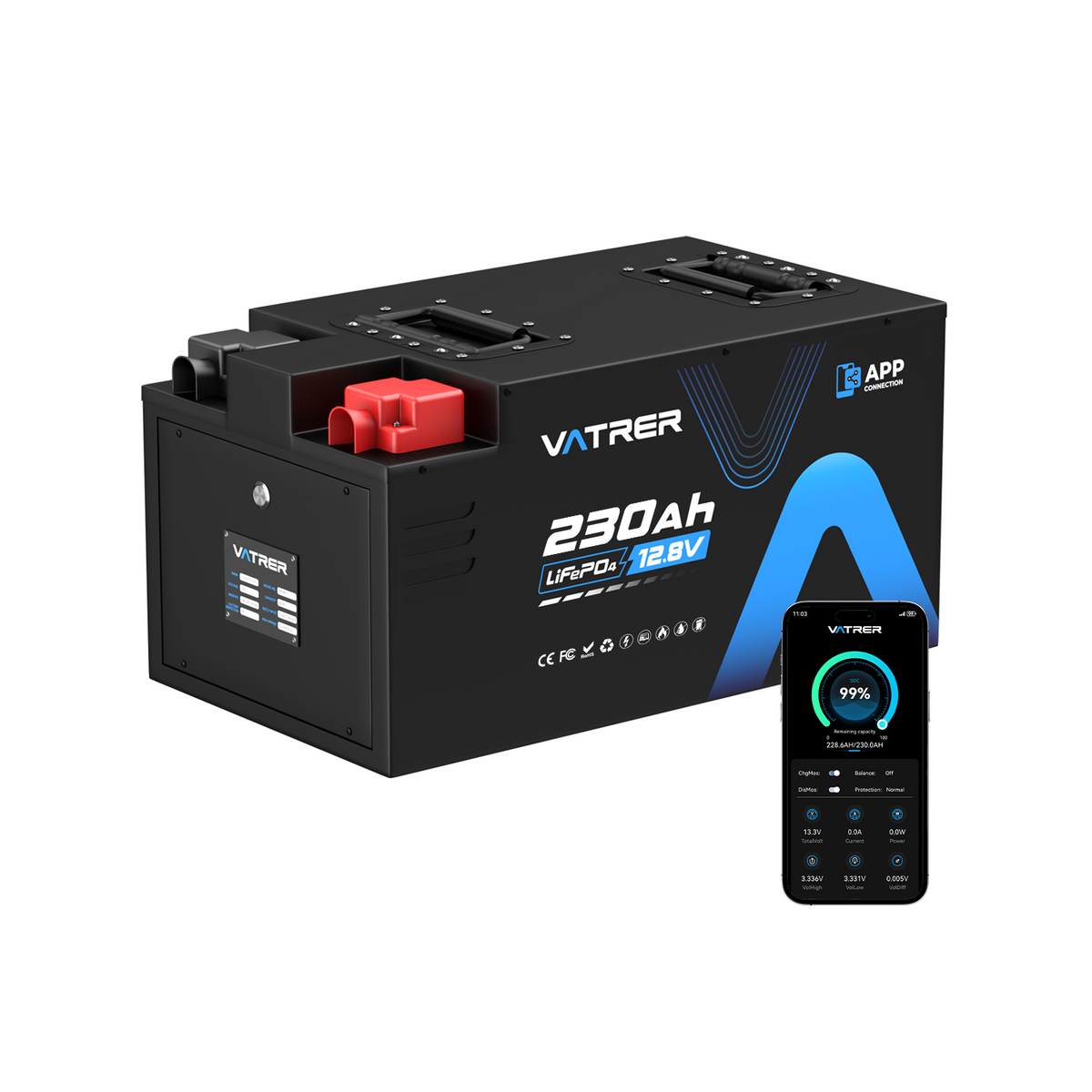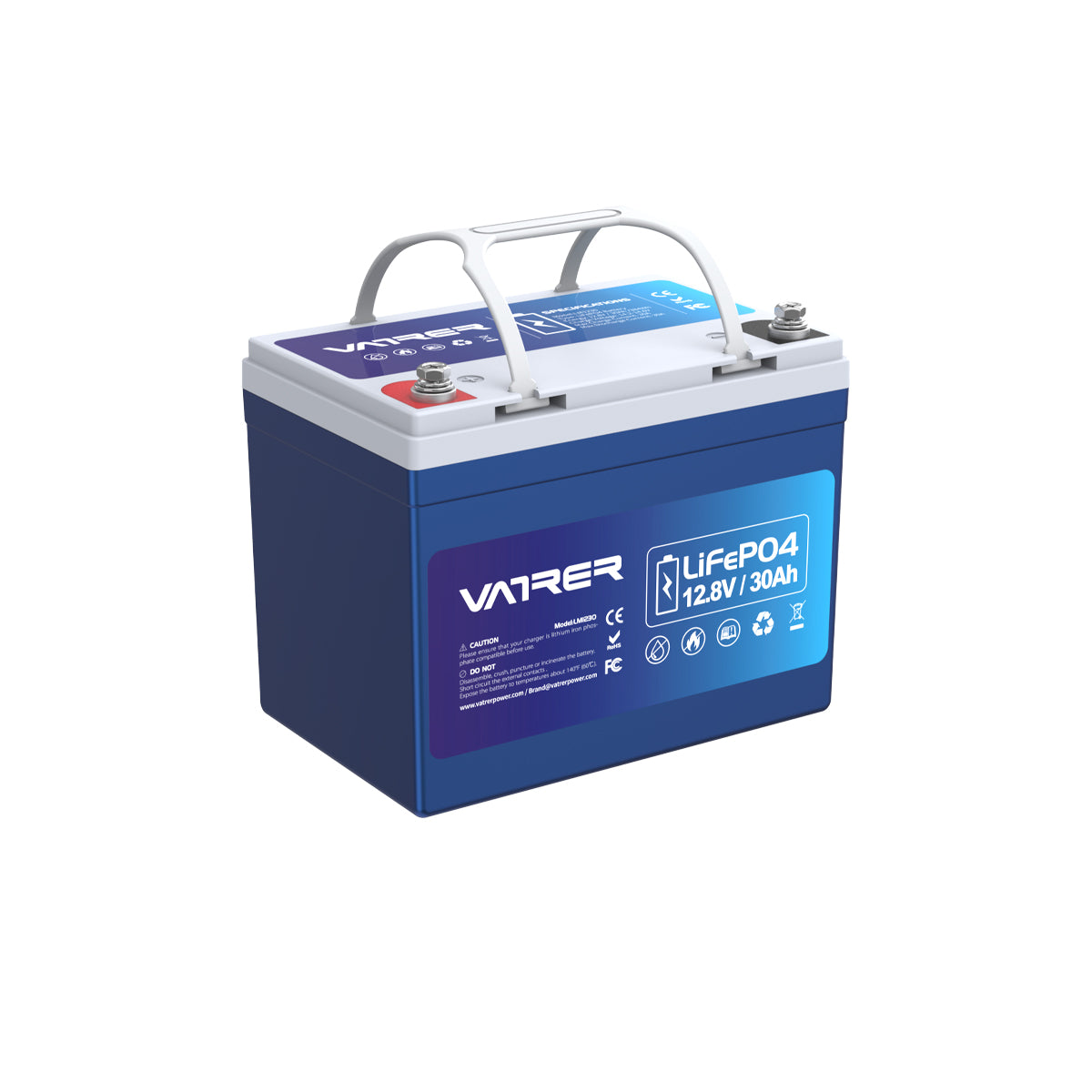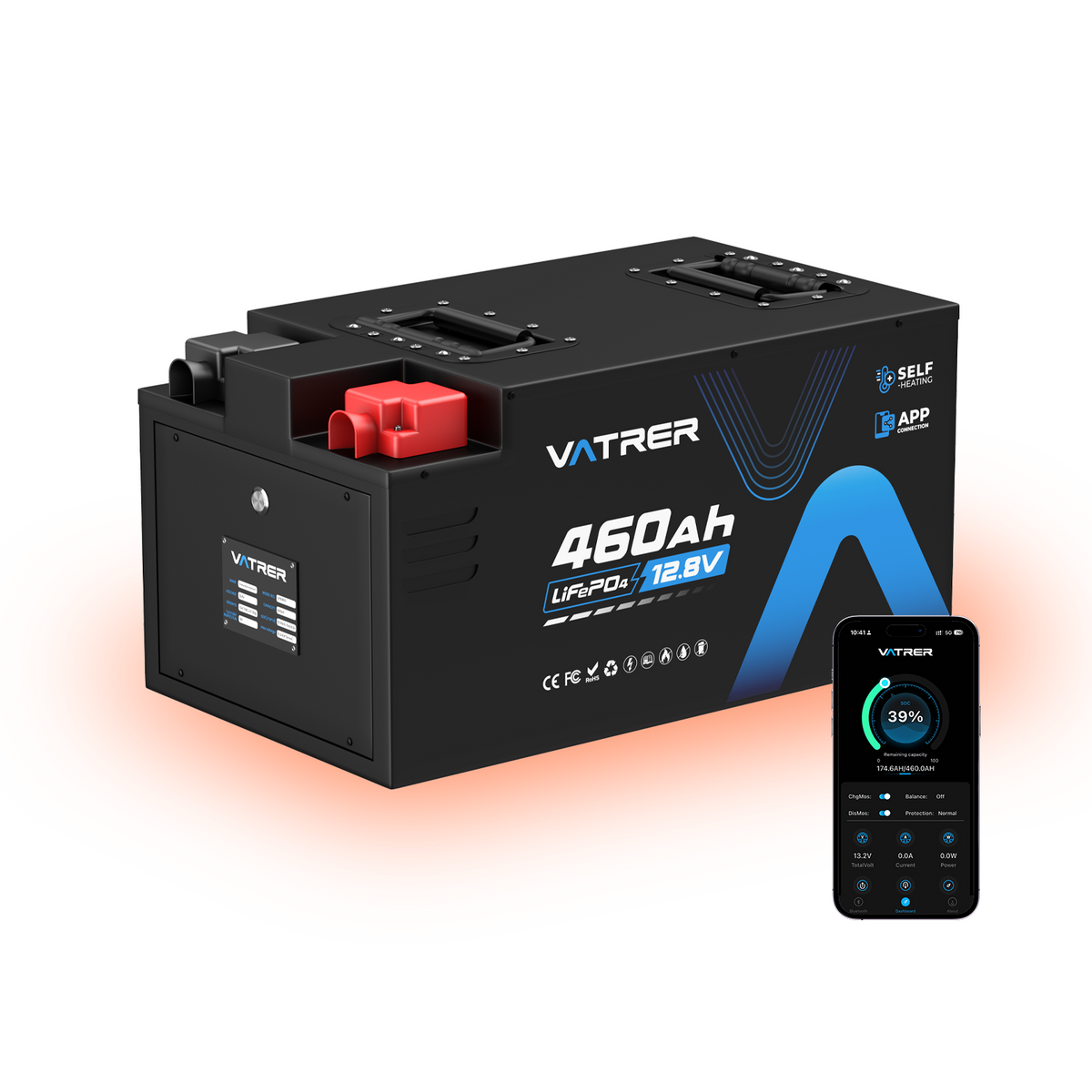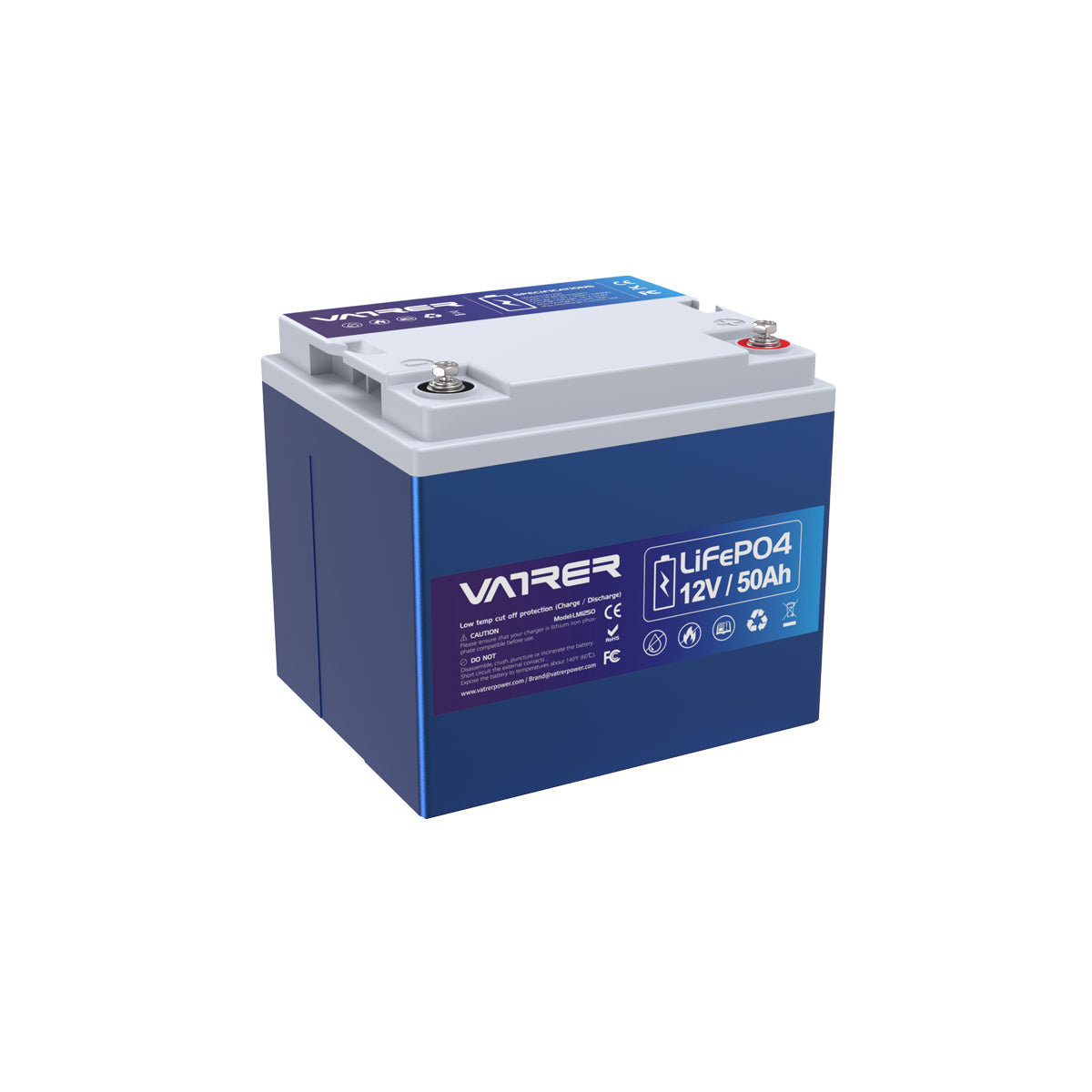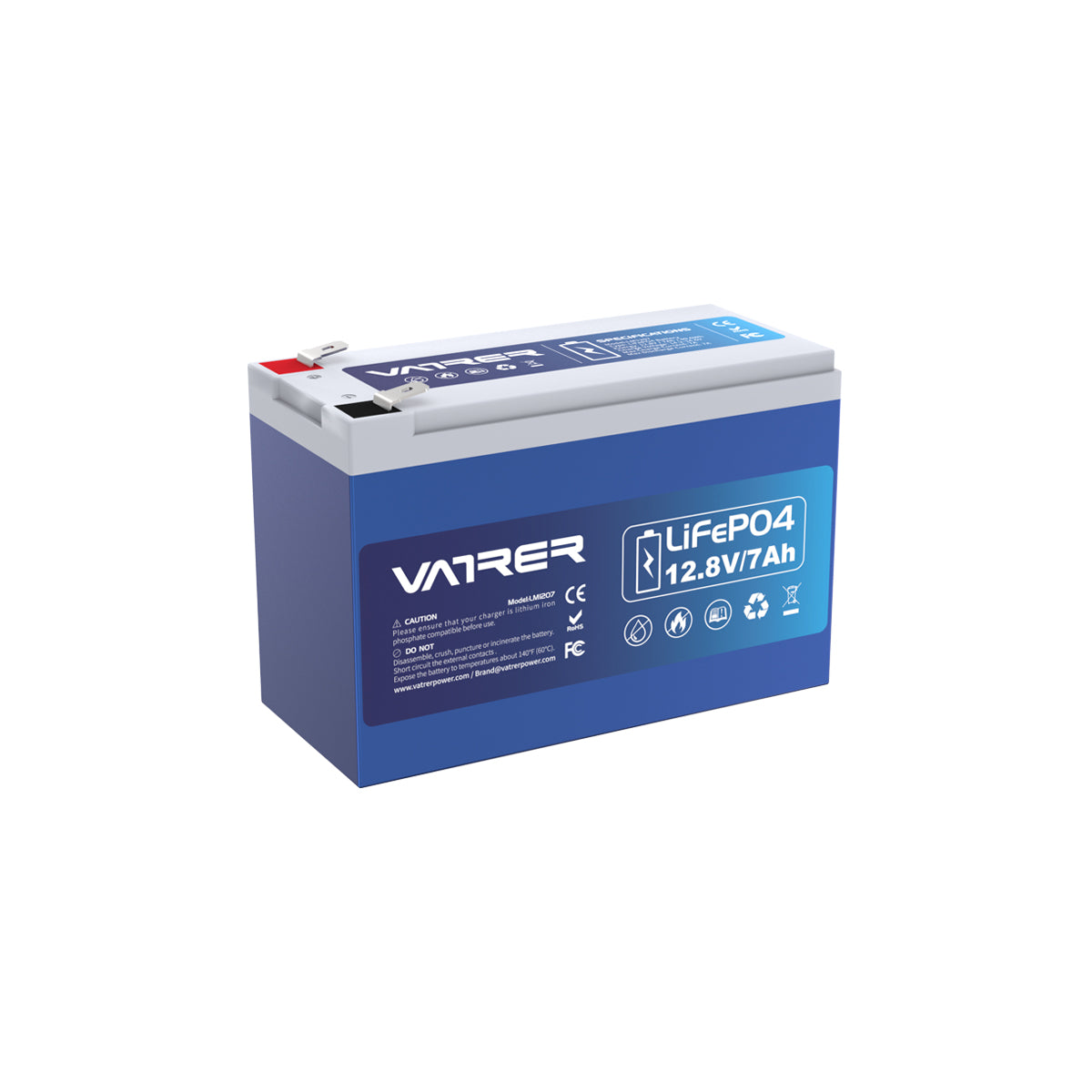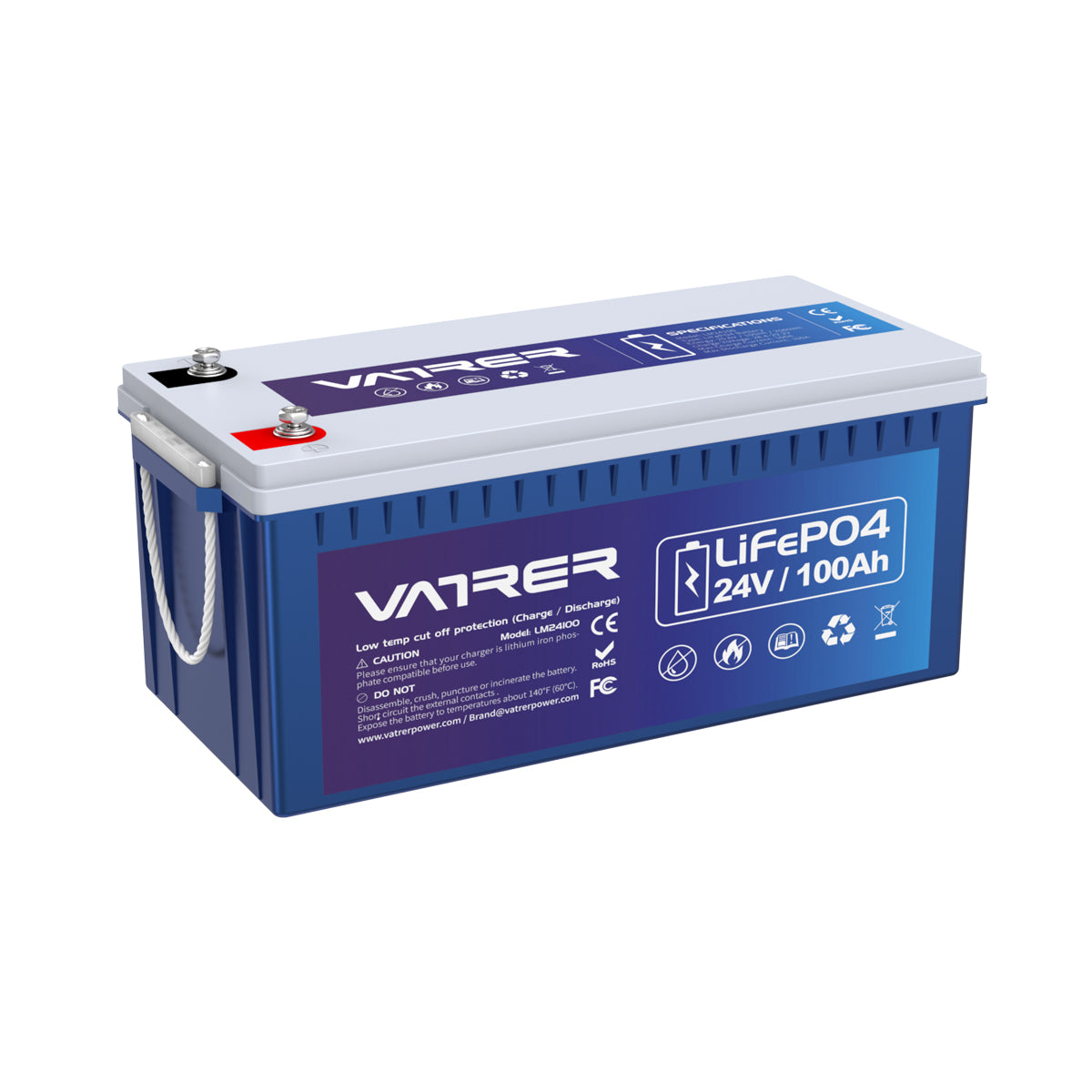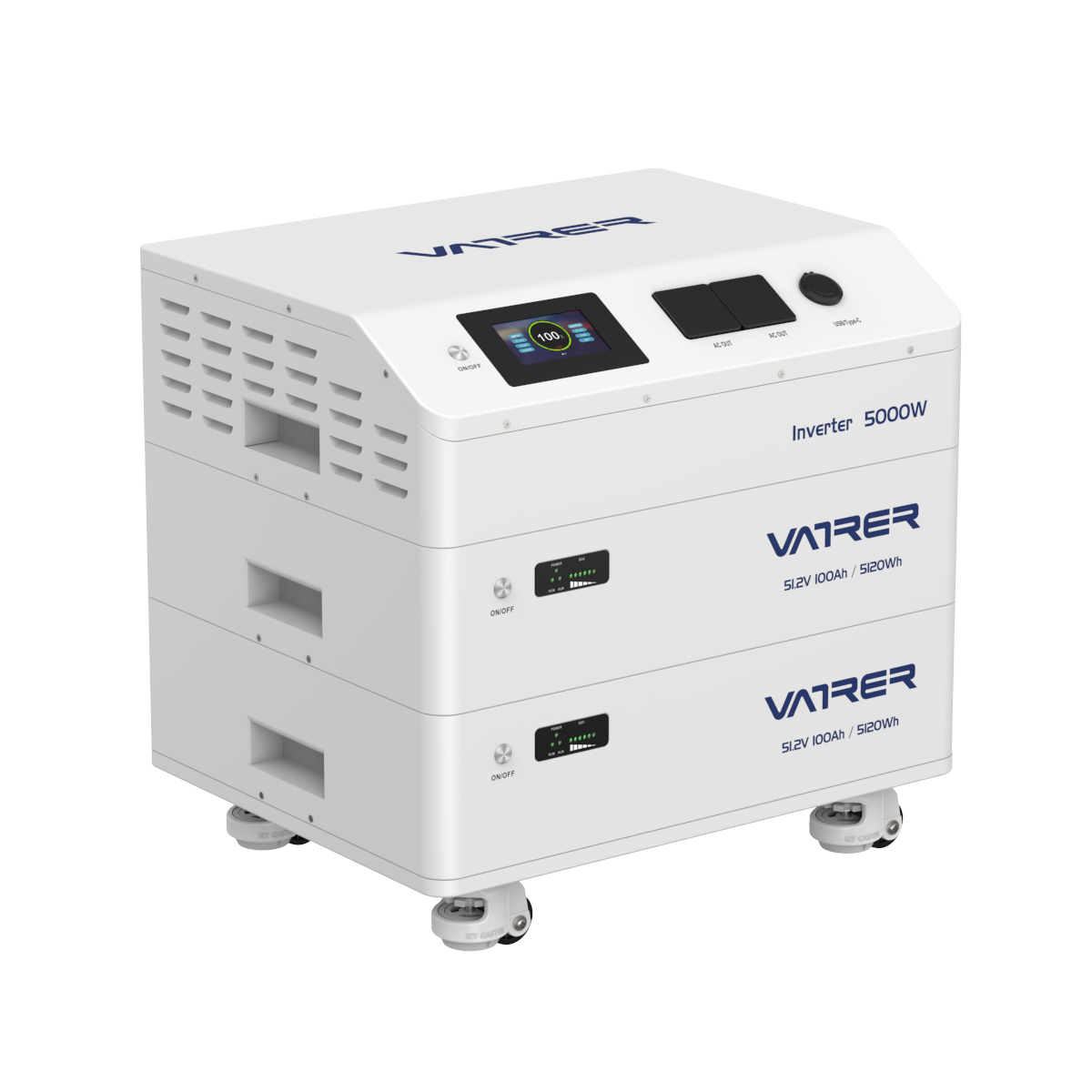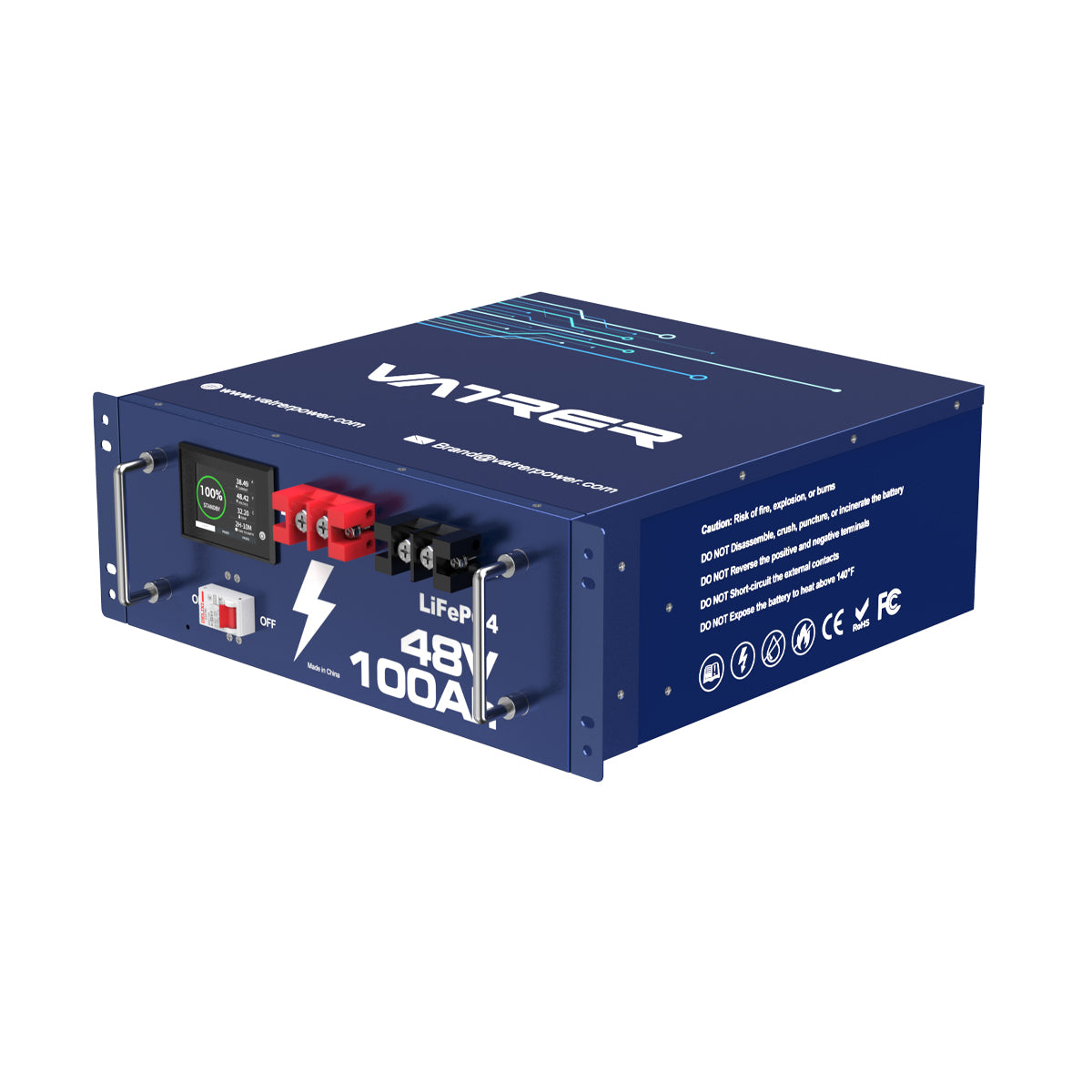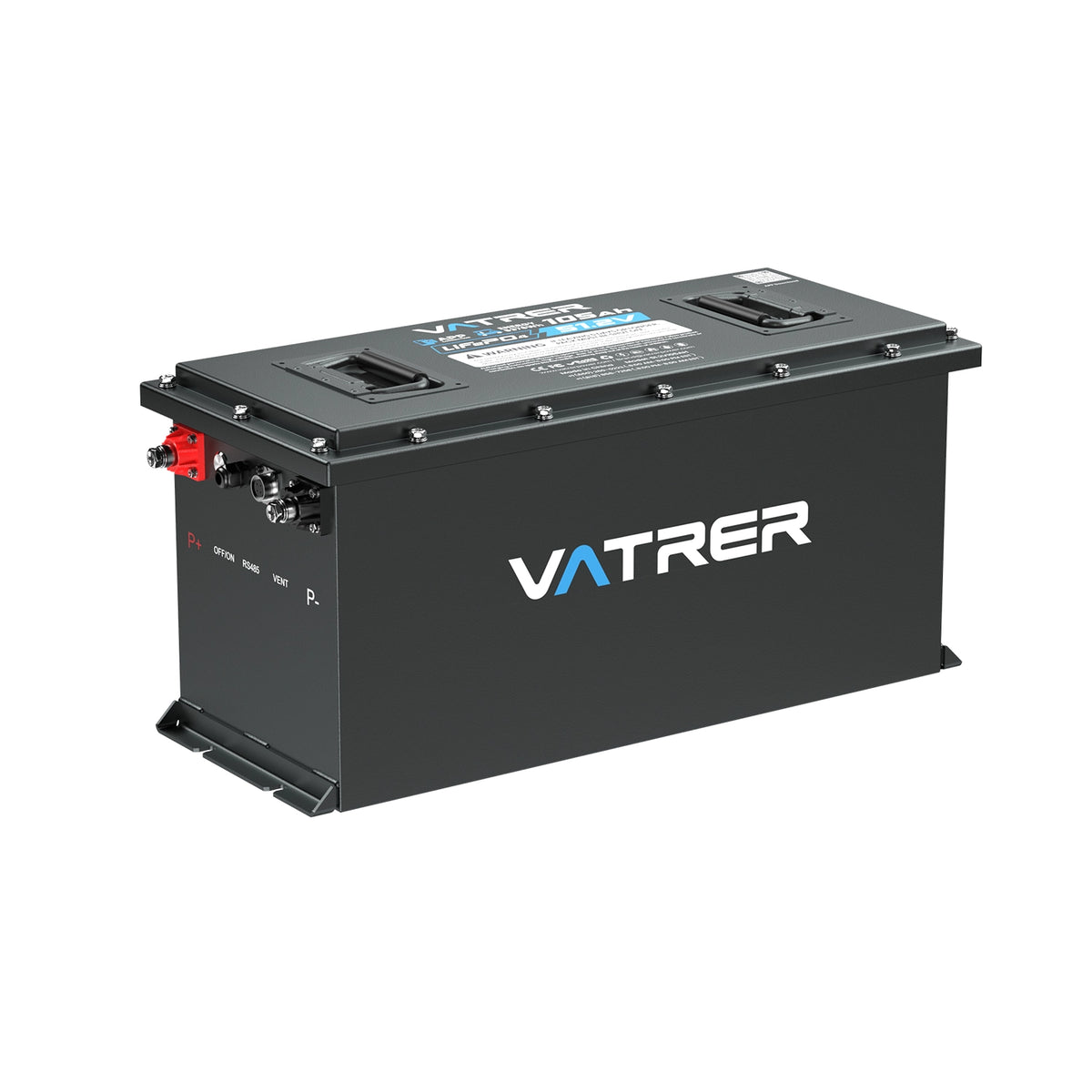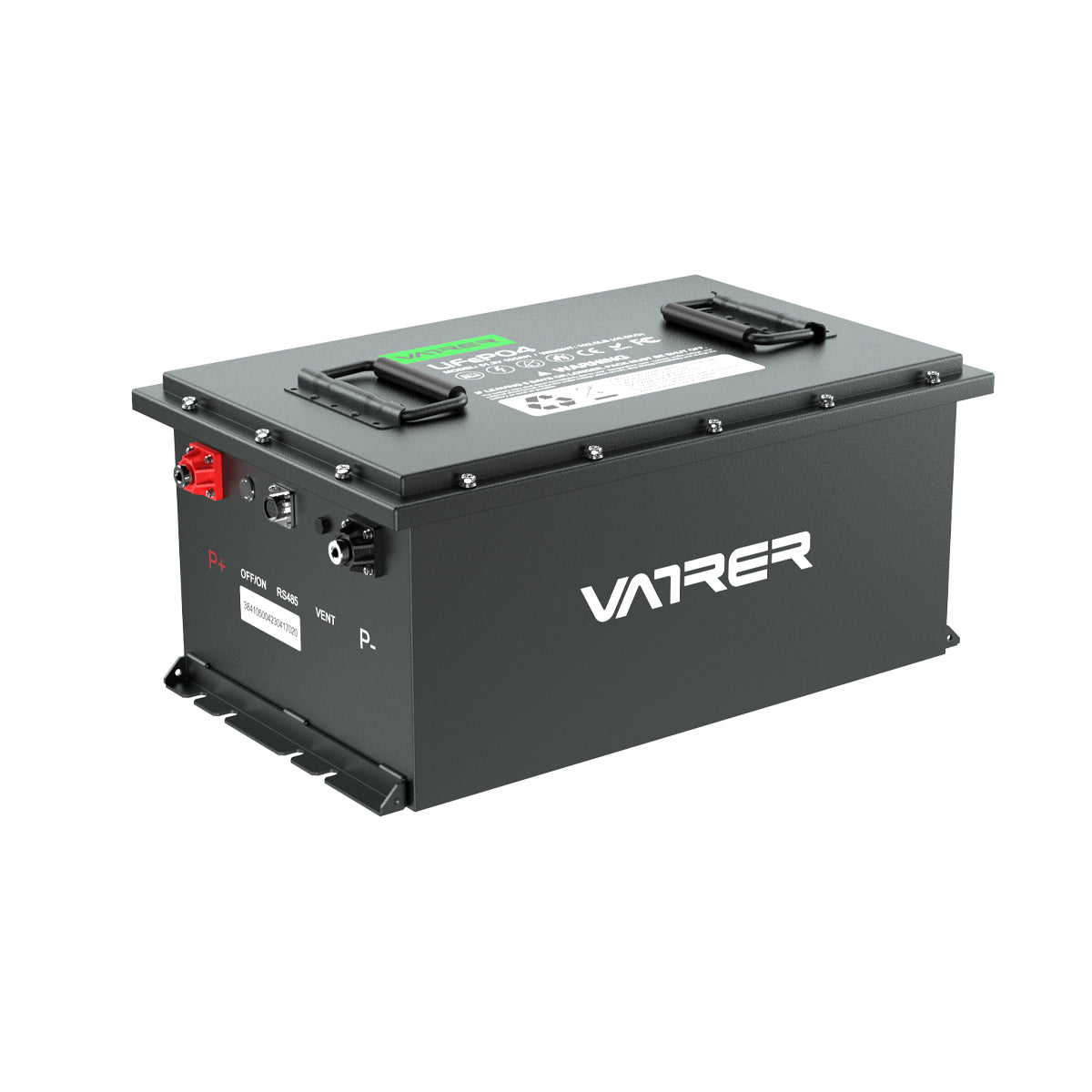1. Introduction
Overview of Solar Panel Systems
Solar panel systems have become an integral part of the renewable energy landscape, offering a sustainable solution to the growing energy demands of modern society. These systems convert sunlight into electricity, providing a clean and efficient energy source. The core components of a solar panel system include solar panels, charge controllers, batteries, and inverters. Each component plays a crucial role in ensuring the system operates efficiently and effectively.
Importance of Battery Disconnect Settings
One of the critical aspects of maintaining a solar panel system is the proper configuration of battery disconnect settings. A battery disconnect is a switch or device that disconnects the solar panel battery from the rest of the system. This functionality is vital for several reasons, including safety, system efficiency, and battery longevity. Properly configured disconnect settings can prevent overcharging or undercharging of batteries, reduce the risk of electrical hazards, and enhance the overall performance of the solar panel system.
2. Components of a Solar Panel System
Solar Panels
Solar panels are the primary component of a solar energy system, responsible for capturing sunlight and converting it into electrical energy. They consist of photovoltaic cells that generate direct current (DC) electricity when exposed to sunlight. The efficiency and output of solar panels depend on factors such as the type of cells used, the angle of installation, and the amount of sunlight received.
Charge Controllers
Charge controllers are essential for regulating the voltage and current coming from the solar panels to the batteries. They prevent overcharging and deep discharging, which can damage the batteries and reduce their lifespan. There are two main types of charge controllers: Pulse Width Modulation (PWM) and Maximum Power Point Tracking (MPPT). MPPT controllers are more efficient as they adjust the electrical operating point of the modules to ensure maximum power output.
Batteries
Batteries store the electricity generated by solar panels for use when sunlight is not available, such as during the night or on cloudy days. The most common types of batteries used in solar systems are lead-acid and lithium-ion. Proper maintenance and management of batteries are crucial to ensure their longevity and efficiency.
Inverters
Inverters convert the DC electricity generated by solar panels into alternating current (AC) electricity, which is used by most household appliances. They are a vital component of the solar panel system, ensuring that the electricity produced is compatible with the electrical grid and home appliances.
3. Understanding Battery Disconnect
Definition and Purpose
A battery disconnect switch is a device that allows users to safely disconnect the battery from the solar panel system. This is particularly important for maintenance, troubleshooting, and emergency situations. The disconnect switch helps isolate the battery, preventing any unwanted flow of electricity that could lead to damage or safety hazards.
Types of Disconnect Switches
There are several types of disconnect switches available, each suited for different applications:
-
Manual Disconnect Switches: These require physical operation to disconnect the battery. They are simple and cost-effective but require manual intervention.
-
Automatic Disconnect Switches: These switches automatically disconnect the battery when certain conditions are met, such as overvoltage or undervoltage. They offer convenience and added safety.
-
Remote Disconnect Switches: These can be operated remotely, providing flexibility and ease of use, especially in large or complex systems.

4. Configuring Battery Disconnect Settings
Safety Considerations
Safety is paramount when configuring battery disconnect settings. It is essential to ensure that the disconnect switch is rated for the system's voltage and current. Proper installation and regular maintenance of the disconnect switch can prevent electrical hazards and ensure safe operation.
Efficiency Optimization
Optimizing the efficiency of a solar panel system involves ensuring that the batteries are charged and discharged correctly. Proper disconnect settings can help achieve this by preventing overcharging, which can lead to battery degradation, and undercharging, which can result in insufficient power supply.
Enhancing Battery Longevity
Battery longevity is a critical factor in the overall cost-effectiveness of a solar panel system. By configuring disconnect settings to prevent overcharging and deep discharging, users can extend the lifespan of their batteries, reducing the need for frequent replacements and lowering maintenance costs.
5. Step-by-Step Guide to Disconnecting
Precautionary Measures
Before disconnecting the battery from the solar panel system, it is essential to take several precautionary measures:
-
Turn Off All Loads: Ensure that all devices connected to the system are turned off to prevent any electrical surges.
-
Wear Protective Gear: Use appropriate safety gear, such as gloves and goggles, to protect against electrical hazards.
-
Check System Voltage: Verify the system voltage to ensure it is within safe limits for disconnection.
Disconnecting Sequence
-
Turn Off the Solar Array: Begin by turning off the breaker or switch that connects the solar panels to the charge controller.
-
Disconnect the Battery: Turn off the breaker or switch that connects the battery to the charge controller.
-
Isolate the Inverter: If applicable, disconnect the inverter from the system to prevent any backflow of electricity.
Reconnecting Sequence
-
Reconnect the Inverter: If disconnected, reconnect the inverter to the system.
-
Connect the Battery: Turn on the breaker or switch that connects the battery to the charge controller.
-
Turn On the Solar Array: Finally, turn on the breaker or switch that connects the solar panels to the charge controller.
6. Common Issues and Troubleshooting
Overcharging and Undercharging
Overcharging can lead to battery overheating and reduced lifespan, while undercharging can result in insufficient power supply. To troubleshoot these issues, ensure that the charge controller is functioning correctly and that the disconnect settings are properly configured.
Faulty Disconnect Switches
A faulty disconnect switch can lead to electrical hazards and system inefficiencies. Regular inspection and maintenance of the disconnect switch can help identify and resolve issues before they escalate.
7. Case Studies and Real-World Applications
Examples of Effective Battery Disconnect Settings
In a case study involving a residential solar panel system, the implementation of automatic disconnect switches significantly improved system efficiency and battery longevity. By automatically disconnecting the battery during overvoltage conditions, the system prevented battery damage and reduced maintenance costs.
Lessons Learned from Improper Configurations
In another case, a commercial solar panel system experienced frequent battery failures due to improper disconnect settings. The lack of a proper disconnect sequence led to overcharging, resulting in battery degradation. This case highlights the importance of proper configuration and regular maintenance of disconnect settings.
8. Conclusion
Summary of Key Points
Battery disconnect settings are a crucial aspect of solar panel system management. Proper configuration can enhance safety, optimize efficiency, and extend battery longevity. By understanding the components of a solar panel system and the role of disconnect switches, users can ensure the reliable and efficient operation of their systems.
Future Trends in Solar Panel Systems and Battery Management
As solar technology continues to evolve, advancements in battery management and disconnect technology are expected to enhance the performance and reliability of solar panel systems. Innovations such as smart disconnect switches and integrated battery management systems will play a significant role in the future of solar energy.







